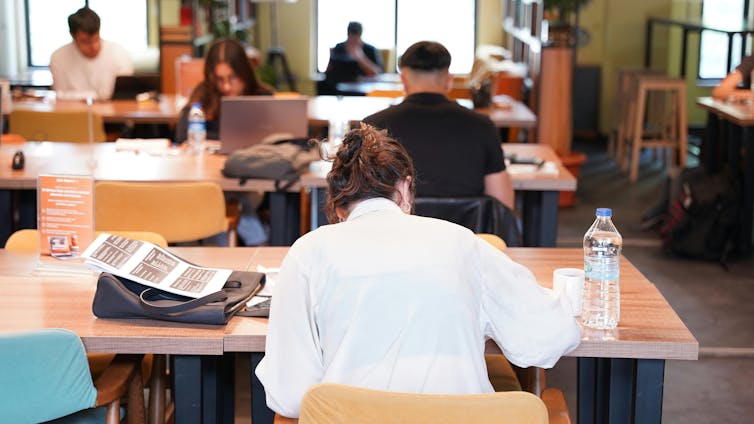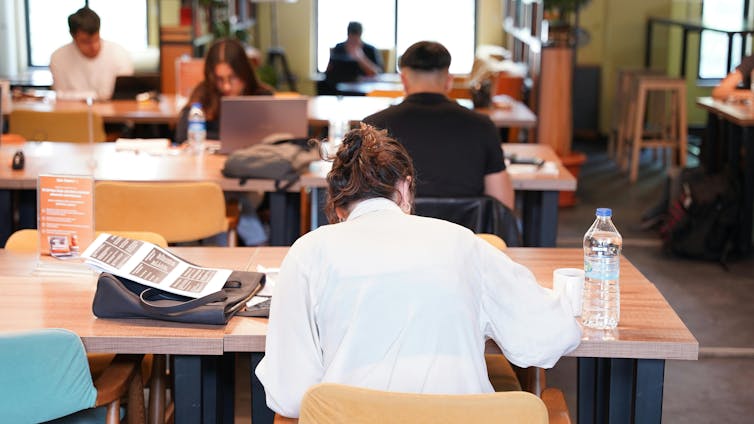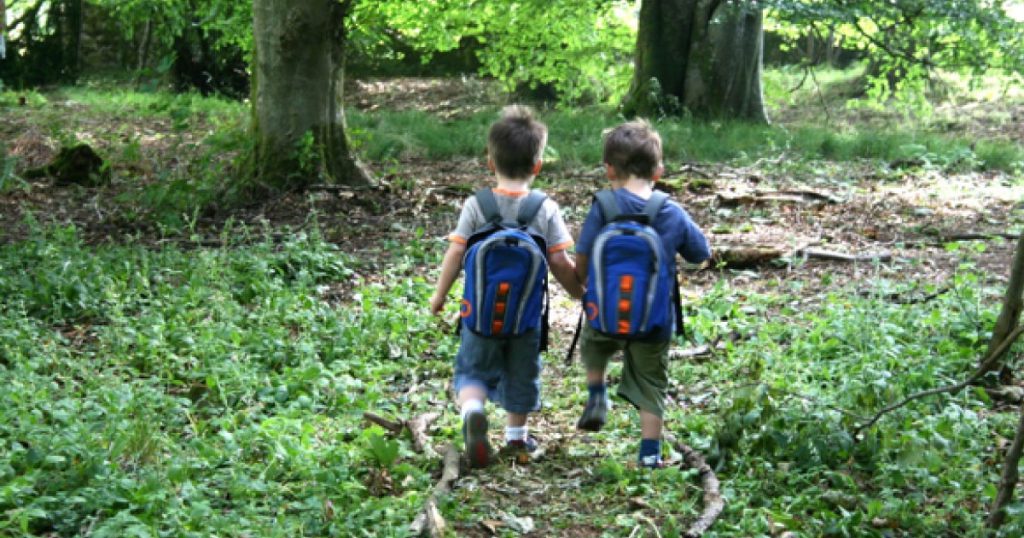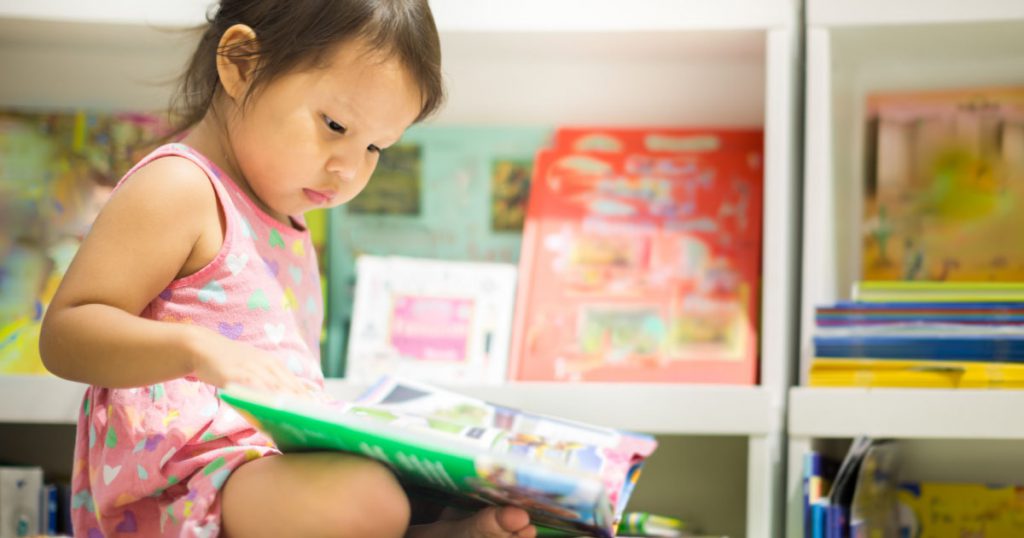When teenage girls fall pregnant, many report facing stigma from teachers and peers at their own school. What’s less well known, however, is that the stigma often continues at the school their child attends, and often long after the mother has aged out of her teen years.
A growing body of research, including my own interviews with women who were teens when they had their first child, reveals it’s not uncommon for these parents (and their children) to face exclusion by other parents, or unkind comments from educators.
By better understanding the experiences of teen mums and their children, we can challenge stigma and ensure more equitable access to education.
Excluded by other parents
Teenage mothers represent a minority of the population, yet are a vulnerable social group. According to the Australian Institute of Health and Welfare, teenage mothers are more likely to be from remote and socio-economically disadvantaged areas.
They often experience barriers in educational opportunities, which can perpetuate social disadvantage for both mother and child.
Research has shown judgmental attitudes and stigma can lead to isolation.
My research, published in the journal Aotearoa New Zealand Social Work, involved interviews with women who had been teenagers when their child was born.
Many reported feeling scrutinised and judged as a younger mum when their child started school. This stigma can continue even as the parent aged; one woman felt judged within her children’s school into her thirties.
One explained how:
When they started school all I wanted was some friends, you know, I wanted someone who had kids to be friends with you know […] but none of ‘em wanted to be friends with me […] right through primary school honestly.
She also reported feeling anxious at school drop-off and pick up:
I’d sit there, and you know how you’ve gotta sit and wait for them […] they’d either be gossiping about me or so I thought they were gossiping about me.
Another woman explained that social exclusion extended to her child:
They would literally not talk to me, they wouldn’t let their children come over […] to play with [my child].
Judged by educators
Judgmental and patronising attitudes also came from teachers. Another woman explained how:
One thing I found as well as a single young mum, was not being taken seriously at school, when I’d go to the school for a reason, you know to see them about my child — they’d treat me like I was child.
In the words of another former teen mum:
I do remember one teacher at school, being very judgmental to me because I was a young mother…
One woman described how her daughter faced judgmental attitudes from educators when at university:
One of her lecturers actually said in a lecture, that if you were brought up by a teenage mum, basically you’ve got no hope…

Photo by SERHAT TURAN/Shutterstock
A growing body of research
While research has found teen mothers often prioritise motherhood as providing meaningful directions within their lives, they can encounter harmful stereotypes which undermine their dignity and worth.
Research by the National Children’s Commissioner found young mothers can feel judged and undermined across a range of social settings, including school.
A UK biographical study involving former teenage mothers captured stories of women feeling judged in places such as their child’s school. Some women in that study said they felt reluctant to disclose their status as former teenage mothers due to fear of judgment.
A different study on the language used to describe teenage mothers and their children in medical journals noted how early motherhood is positioned as a disease which requires a public health response and surveillance, and that teenage mothers are portrayed as being an economic drain on society at a cost to both mother and child.
Focusing on strengths
Supporting young mothers and their children requires sensitivity to a range of complex factors, including class, sexism and trauma.
Focusing on young parents’ strengths can help us all to work towards a more positive and inclusive environment for these women and their children.
![]()
Jemma Hamley does not work for, consult, own shares in or receive funding from any company or organisation that would benefit from this article, and has disclosed no relevant affiliations beyond their academic appointment.
Read More: Read More



